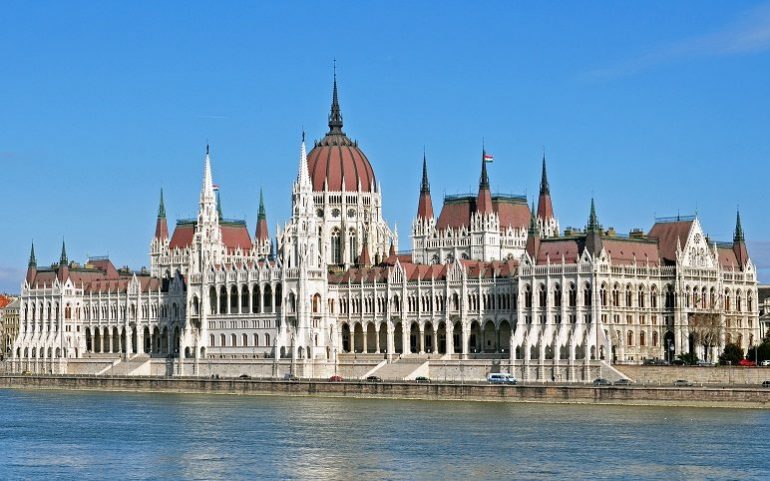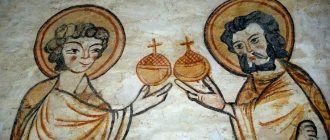Budapest is today the capital city of the central European republic of Hungary. The population of Hungary of approximately 2 million and Budapest is home to roughly 10% of the total population of Hungary.
Aside from being the city in which the parliament and other government buildings are located, Budapest is also the business centre of Hungary as well as its cultural heart.
Early history of Budapest
The land upon which Budapest is built today first became inhabited during the Roman era, when a Roman colony was established here which served as an outpost and stopping off point for Roman armies venturing into different parts of Europe.
The Romans named their colony Aquincum which is believed to have remained inhabited and under Roman control until the 5th century when Roman power declined.
5th century
In the 5th century, Aquincum, upon which modern Budapest is built, came under the control of the Huns who ousted the Romans from the colony and chased them further back in to Italy. The Huns established themselves in what is now Budapest and remained here for approximately 500 years.
10th century
At this juncture in history, the foundations modern-day Budapest as a distinctly Hungarian city were laid.
The Magyar people, who are believed to have originated from somewhere in Asia, migrated into the Carpathian basin pushing out the Huns and settling in the area around Budapest. The Magyar people have remained in Budapest and Hungary ever since and the great majority of modern day Hungarians are ethnic Magyars.
12th century
Until the twelfth century, there was no town known as Budapest. There were in fact two different villages on either side of the River Danube, one of which was called Buda and the other Pest.
By the Twelfth century, however, after this area had become populated by a growing wealthy merchant class, these two villages took on more features of fully fledged towns and their contact with each other increased. The area that now constitutes Budapest became for the first time a trading town bringing with it wealth and development.
13th century
The ascendance of Budapest as the capital of Hungary took place during this period of history when King Bela IV of Hungary built a castle in Buda, which still stands today on Castle Hill in Budapest.
Decades later King Charles Robent of Hungary established the royal court in Hungary, which paved the way for even further growth though being the seat of government in Hungary as well as a business centre.
Mongol Invasion of Budapest
Budapest was badly affected by the Mongol invasion of 1241 which had previously ravaged many other kingdoms in Asia and Europe.
History of Ottoman Budapest
The Ottomans from Turkey seized control of Budapest in the 15th Century beginning three hundred years of Ottoman influence in the history of Budapest. The importance of Budapest, however, declined somewhat under the Turks who viewed it as a frontier post rather that a centre of business of culture.





